A rather fascinating article by Dr. Paul Robbins on The Breakthrough website looks at the next great global change that will have a very significant impact on the global economy, the "baby bust".
Most of my readers are well aware of the baby boom, the rapid growth in the birthrate that took place in most of the world's developed economies after the end of World War II as shown on this diagram:
Let's look at one example of the looming problem. As you can see on this diagram, the U.S. birthrate has declined substantially since the late 1960s from just over 18 births per 1000 people to its current level of just over 12 births per thousand people:
According to the World Bank, the annual population growth rate in the United States has dropped from 1.1 percent in 1990 to 0.7 percent in 2014, a 36 percent decline.
Let's go back to Paul Robbins' article. Dr. Robbins notes that total global fertility has dropped to 2.3 from a level of 4.95 in 1950. It is key to keep in mind that the replacement fertility rate is approximately 2 births per woman for industrialized nations and ranges from 2.5 to 3.3 percent in developing nations, largely because of higher infant mortality rates. Dr. Robbins also notes the following:
"More dramatically, in 2014, a majority of nations in the world reported fertility lower than the replacement rate, the tipping point between a growing and shrinking population (a fertility figure slightly more than 2.3). More countries are now shrinking than growing. In fact, national fertility rates are now at or below replacement in a huge range of countries that, until recently, were growing by leaps and bounds, including Tunisia, Iran, and Vietnam.lower than the replacement rate, the tipping point between a growing and shrinking population (a fertility figure slightly more than 2.3). More countries are now shrinking than growing. In fact, national fertility rates are now at or below replacement in a huge range of countries that, until recently, were growing by leaps and bounds, including Tunisia, Iran, and Vietnam."
Let's look at the changes in fertility rates for four nations, China, India, the United States and Canada, that represent both the developed and developing economies of the world noting that the global fertility rate is represented by the green line:
This decline in fertility rates will, from this point in time forward, result in an aging population. Right now, the majority of the world's population is young, however, the balance is tipping with the percentage of the population over the age of 60 years rising to 25 percent globally by 2050, up from its historical average of 10 percent. This will have a massive impact on the potential support ratio or PSR, the number of people between the ages of 15 and 64 years and those over the age of 65 as shown on this graphic:
By 2050, the PSR will fall from 12 to 4 meaning that there will be a near tripling of the economic and care burden placed on the younger generation when compared to 1950.
The baby bust will have a significant impact on the world's developing economies that didn't experience the post-World War II baby boom as well. India, China and other nations in the region are also facing an aging crisis as shown on these graphs from the United Nations World Population Prospects 2015 revision:
1.) China:
2.) India:
Let's look at the same data for the United States and Canada:
1.) United States:
2.) Canada:
Obviously, providing health care, economic support and other key services will prove to be increasingly difficult as fewer and fewer prime-age people are supporting more and more elderly. The baby bust will also have much deeper implications for the world's economy.
Given that this is the prognosis for global population growth rates:
…one has to wonder what the impact of population stasis will be on the global economy which has become completely reliant on the "growth at any cost" model of quarter-on-quarter and year-on-year profit growth. What will be the impact on the housing markets and stock markets when it becomes apparent that demand is falling (or remaining static) and supply is rising. In the case of the United States, some housing markets in the northeastern region are already seeing the negative impact of aging populations on housing valuations as you can see in this article. Even more frightening is the impact on pension plans, both government and private. With fewer people contributing and more people collecting, the pension Ponzi scheme will become readily apparent to just about everyone.
In closing, let's quote again from Dr. Robbins' article:
"And, of course, lurking behind all these smaller questions is the most interesting one of all: what will the global economy do without human demographic growth? On a planet arguably already plagued with overproduction, where will sufficient demand emerge to maintain the levels of surplus accumulation demanded by many political leaders, most investors, and every corporate CEO? Will demographic decline lead empowered laboring classes to leverage improved wages and rights or instead lead to harsher bargains for workers to squeeze still more productivity from fewer bodies? Can prosperity be decoupled from demographic growth in a way that is just, equitable, and good for the planet? Given the population luxury that capitalism has enjoyed for two centuries, this has been a question long deferred. But no longer." (my bold)
Click HERE to read more of Glen Asher's columns
You can publish this article on your website as long as you provide a link back to this page.

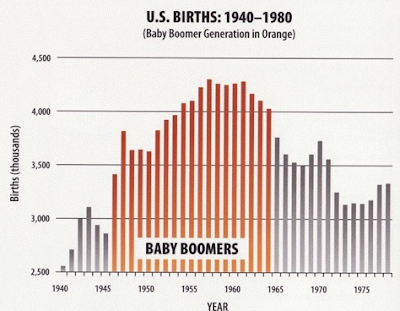
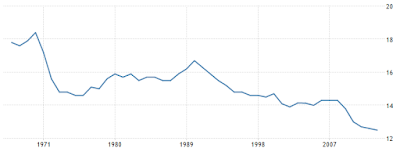
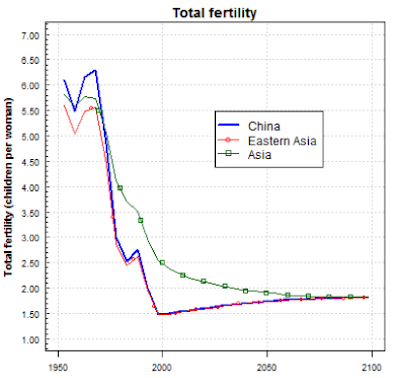
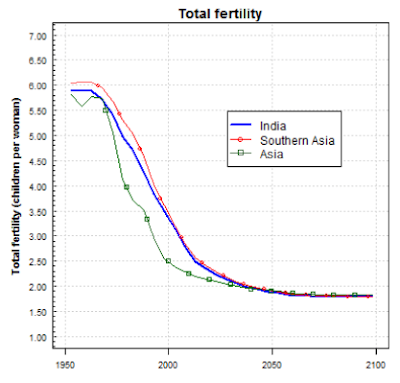
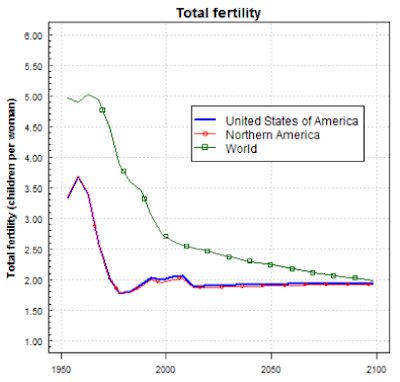
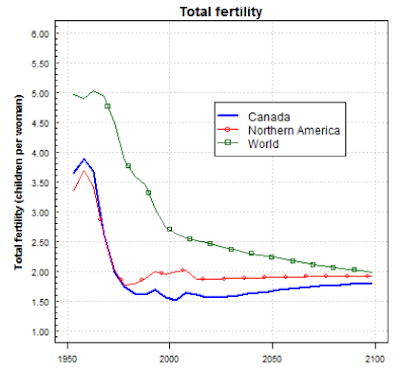
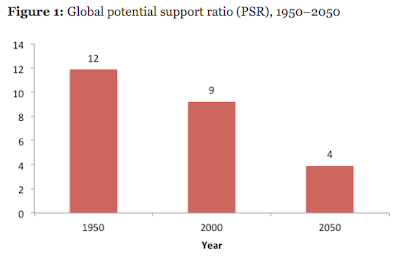
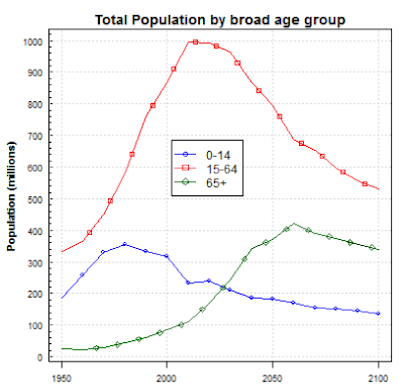
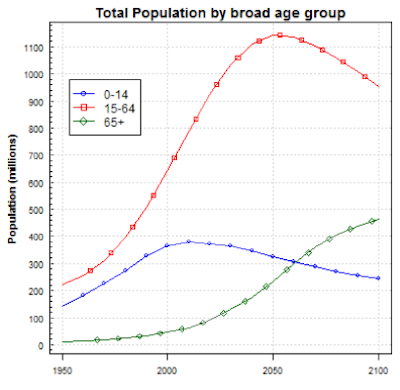
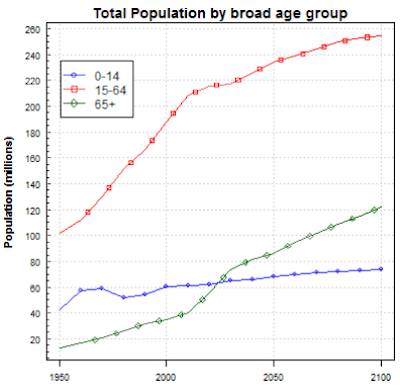
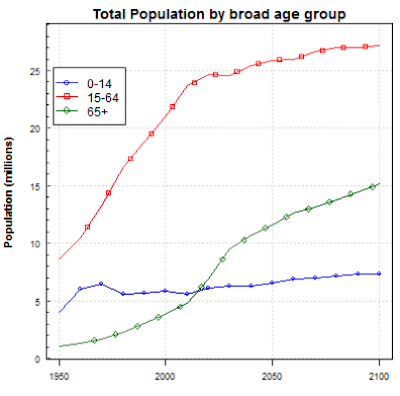
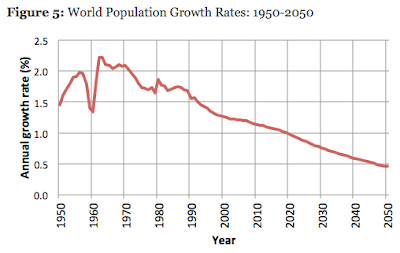
Be the first to comment